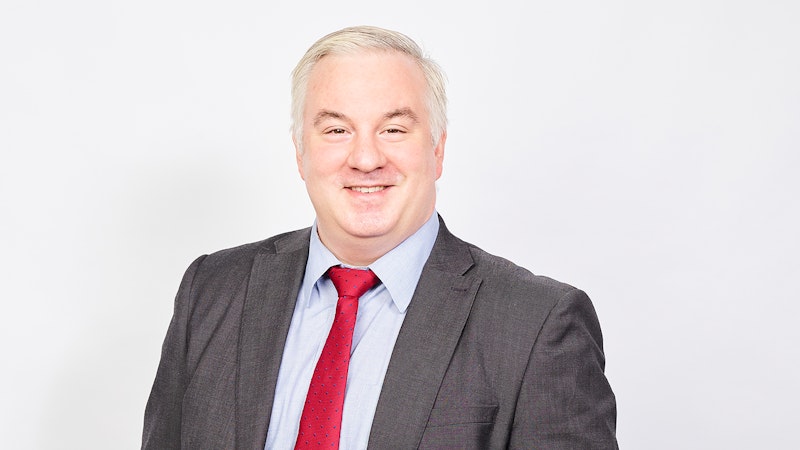- Written by
- David Hacker, Partner
Many businesses have suffered financially during the Covid crisis, and creditors have been urged to show restraint to avoid sending otherwise viable entities to the wall. But as remaining coronavirus restrictions are lifted, the time has come for creditors to review their position and to think carefully about the approach that should now be taken to the recovery of commercial debts.
As David Hacker, commercial litigation lawyer explains, ‘The options for creditors are vast and the strategy you adopt should be informed by a range of considerations, including your own financial circumstances and whether any difficulties your debtors are experiencing are temporary or terminal.’
We suggest reviewing the following points to determine how to proceed.
Debtor status
To assess whether a debtor is in temporary distress or permanent decline, you should carry out appropriate credit checks. Speak to the owner or manager of the debtor business to discuss your findings as this will help you to get a feel for their future plans.
Are you satisfied that there is a workable plan in place to drive the business forward and to settle outstanding liabilities within an acceptable time frame? Alternatively, do you get the impression that the debtor is flying by the seat of their pants, hoping for the best and trying not to think about the worst, which may be around the corner?
Payment plan
Where there is reason to believe that a debtor’s business remains viable, but they need a little post-pandemic breathing space to get back on their feet, then you might consider agreeing to some sort of payment plan. This could see them making small initial payments for two, three or even four months and then bigger payments once their financial position improves.
If you are contemplating giving a debtor extra time to pay, we would urge you to keep your arrangements under review and to be prepared to act quickly and decisively should circumstances change. For example, it may be that the debtor’s recovery is swifter then envisaged and accordingly that you should be paid in full sooner than originally planned. Conversely, if the debtor’s business takes an unexpected nosedive, you need to be ready to take whatever action you can to shield yourself from the fallout and any consequences of them becoming insolvent.
We have already seen a number of well-known retailers disappear from the high street as a result of the economic shock that Covid caused, and earlier in 2021 the Federation of Small Businesses warned that a quarter of a million independent traders may close.
Pre-emptive action
Where it is clear that a debtor is unlikely to recover, whether as a result of the pandemic or because of changing market conditions, then it is important that you act quickly to maximise your chances of getting paid. The best way to do this is to talk to a solicitor who can run through your options, which might include:
pushing the debtor to make an immediate payment in whatever sum they can reasonably afford, with the aim of reducing your debt to the lowest possible amount before they go into administration and your chances of recovery are significantly reduced;
issuing debt recovery proceedings to obtain a County Court or High Court judgment, in the hope that this can then be enforced while the debtor is still solvent; or
persuading the owners of the debtor business to give you security for your debt, e.g. through the provision of a personal guarantee, which will offer you greater protection in the event that the business collapses.
Note that, under restrictions introduced by the Government in March 2020 to protect businesses struggling to pay pandemic-related debts from overly aggressive creditor action, it is not currently possible to use a statutory demand (and the consequent threat of a winding up petition) as a means of debt recovery in the vast majority of commercial cases. However, these restrictions are due to end on 30 September 2021.
Enlisting the help of a debt collection specialist
Very often, it can be difficult to assess where a debtor stands to decide on the strategy that you should adopt to try to recover the monies you are owed. This is why it pays to seek early advice from a debt recovery lawyer whose input will invariably save you time, money, effort and stress.
Talking to a lawyer can be particularly helpful where you are struggling to build a complete and accurate picture of the debtor’s finances, and where you need help to make an informed and commercially sensible decision.
How we can help
Our debt recovery lawyers have extensive experience in tackling the repayment of commercial debts and in helping creditors to shield themselves from a range of adverse outcomes, including the risk of debtor insolvency. In most cases, we can recover some or all of what is owed by simply entering into written correspondence with a debtor. In other cases, we might need to take a more formal approach, but in the vast majority of matters we can usually achieve an acceptable and amicable resolution.
Related News & Insights
-
Rising star Mustafa Sidki
Articles | 21 August 2025
-
Bromley Curry Club - September
Events | 17 September 2025
-
Bromley Curry Club - October
Events | 15 October 2025
-
Bromley Curry Club - May
Events | 21 May 2025












